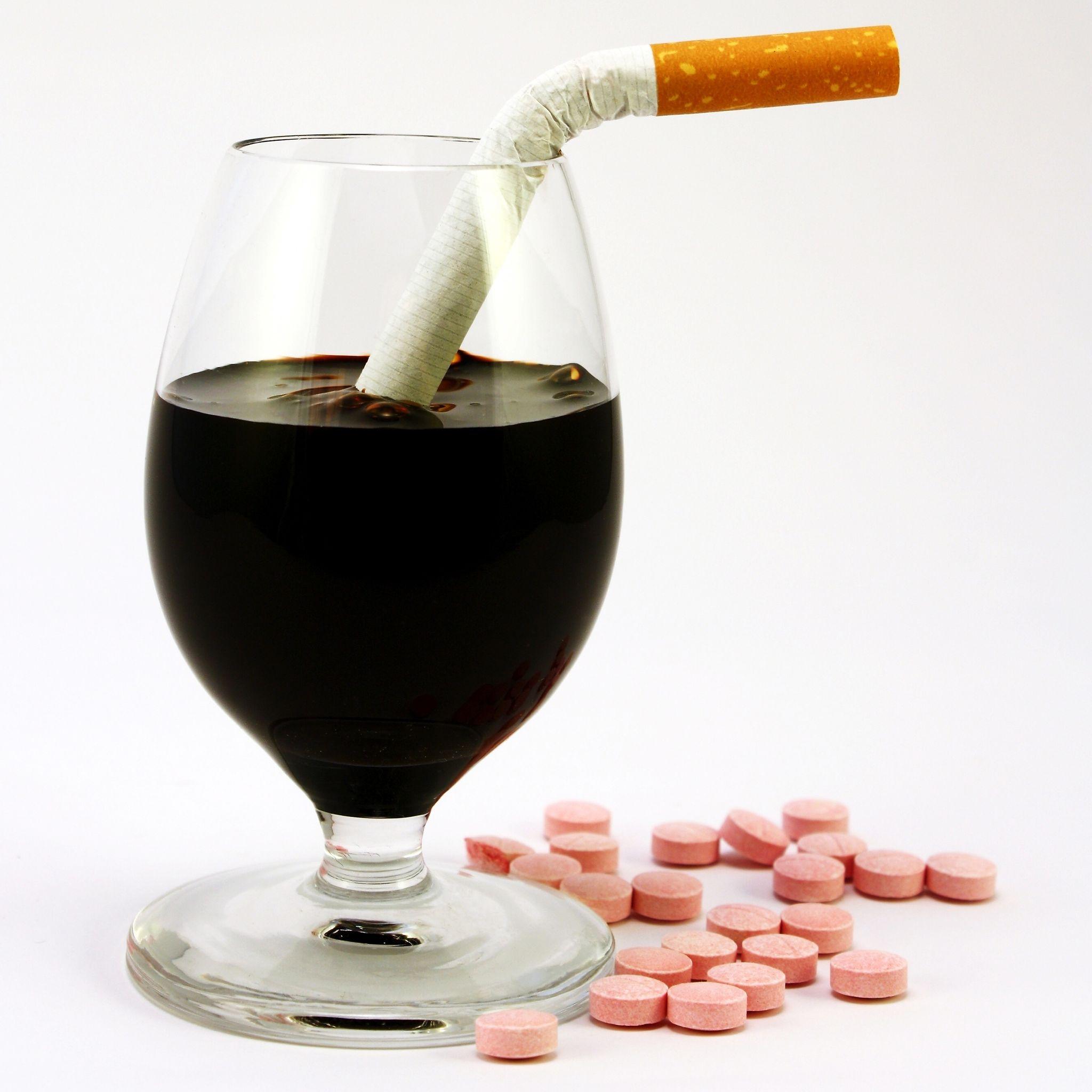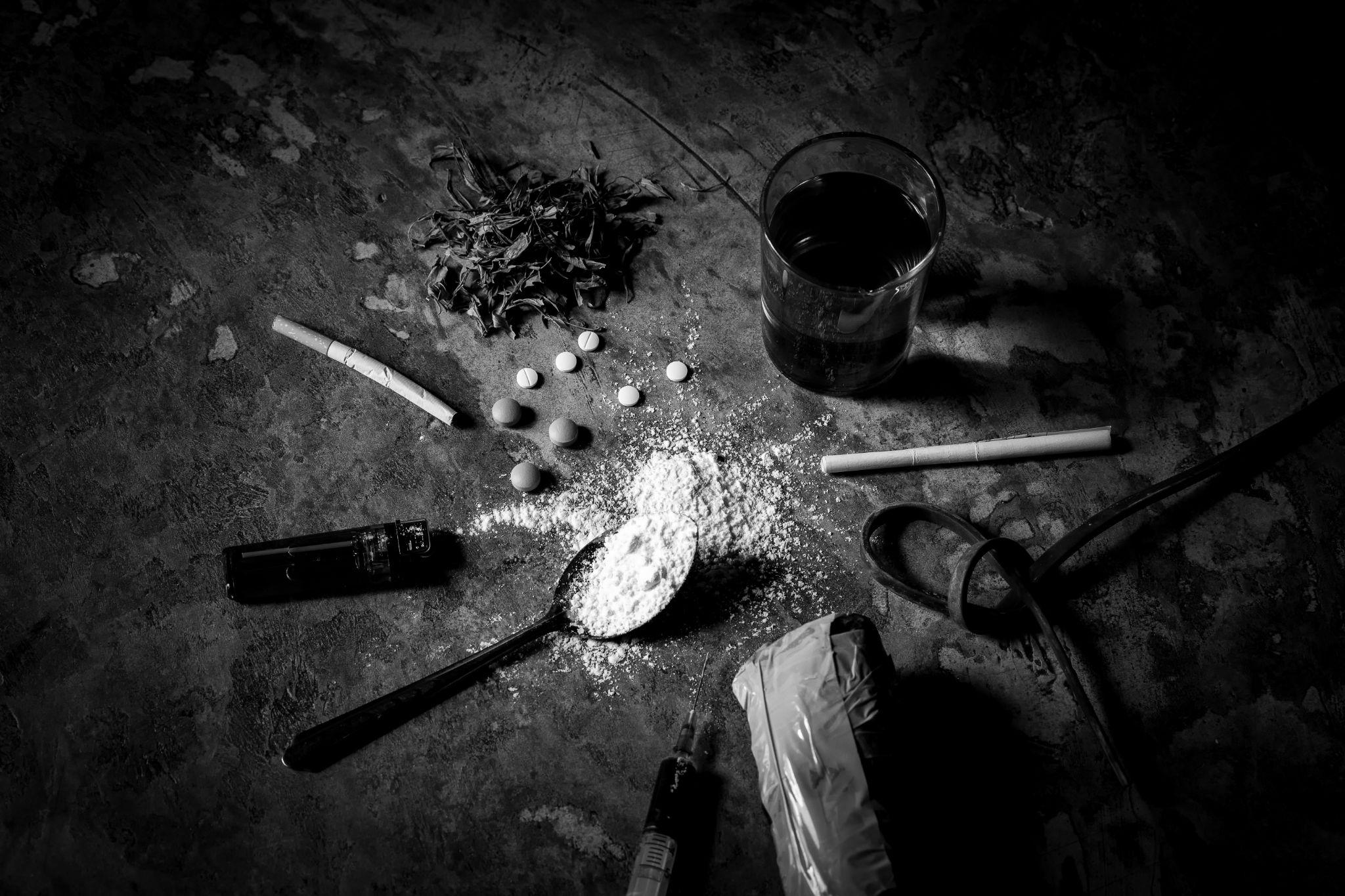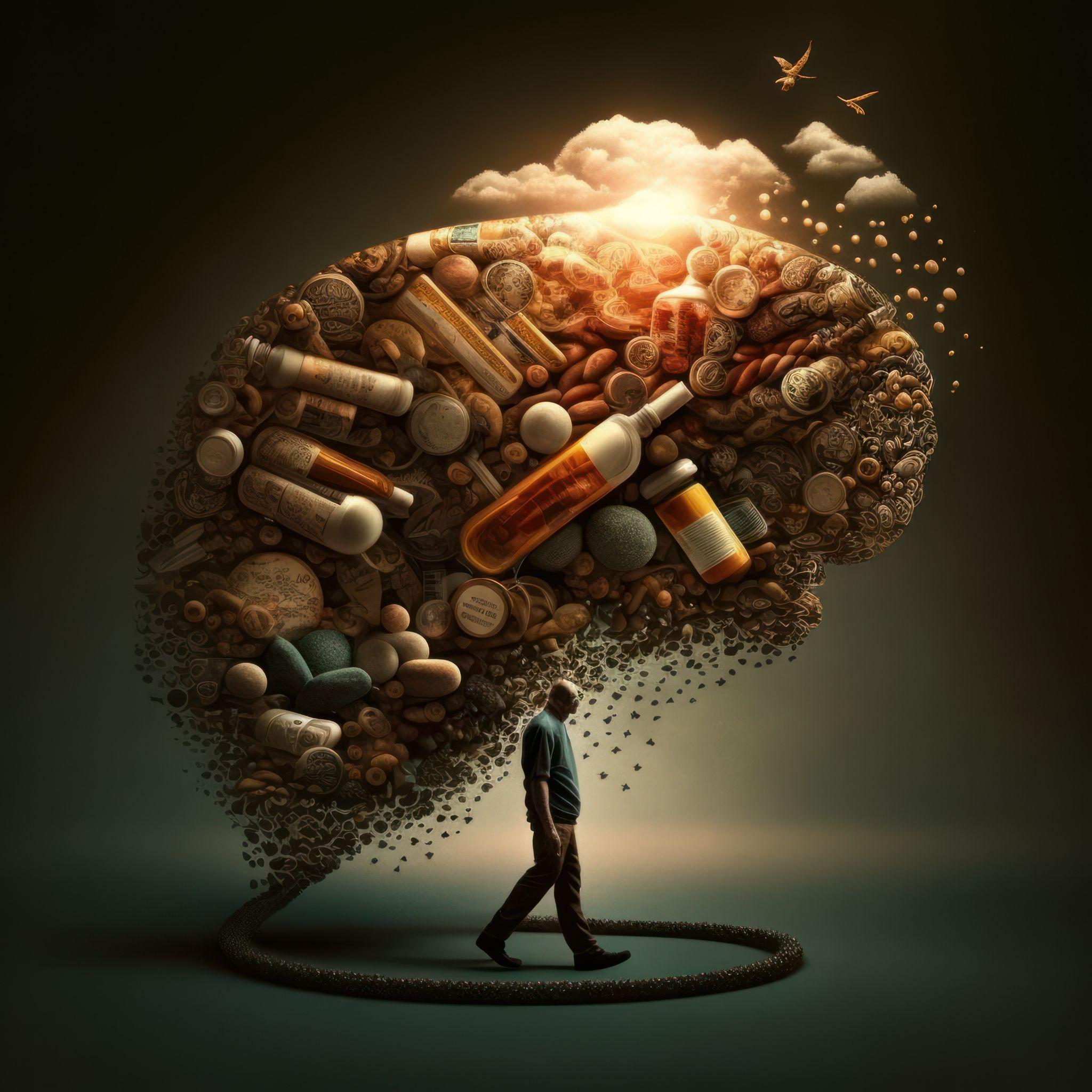Addiction recovery is a journey filled with both triumphs and challenges. One of the most significant challenges individuals face is encountering addiction triggers—situations, emotions, or experiences that reignite the urge to use substances. Understanding relapse triggers is crucial for preventing addiction relapse and staying on the path of addiction recovery in Orange County.
Triggers can be external (related to the environment, people, or places) or internal (stemming from thoughts, feelings, or emotions). By learning to recognize and manage triggers, individuals can develop healthier coping mechanisms and reinforce their commitment to sobriety.
What Is an Addiction Trigger?
An addiction trigger is anything that reminds a person of their past substance use and creates an urge to relapse. Triggers can be emotional, social, or environmental triggers that cause cravings. They do not directly cause relapse, but they significantly increase the risk of returning to old habits.
Substance use often becomes linked to daily routines, emotions, and certain environments. Over time, these associations can create strong cravings, making it crucial to recognize and prepare for them. While triggers may become less intense over time, they never completely disappear, which is why long-term relapse prevention is essential.
Types of Addiction Triggers
1. External Triggers (People, Places, Situations)
External triggers are outside influences that remind a person of their substance use disorder. These are often more visible and can sometimes be avoided with proper planning.
Common External Triggers:
- People – Former drinking or drug-using friends, toxic relationships, or individuals who encourage drug use or alcohol addiction.
- Places – Bars, clubs, old neighborhoods, or any location where substance abuse took place.
- Social Events – Parties, celebrations, concerts, or gatherings where alcohol or drug use is common.
- Advertisements & Media – Seeing alcohol or drug-related ads, movies, or social media content that glamorizes substance use.
- Objects & Sensory Cues – The sight of drug paraphernalia, the smell of alcohol, or even hearing certain songs associated with past substance use.
Because external triggers are tangible, individuals in addiction recovery can take steps to minimize exposure, such as avoiding high-risk locations, setting boundaries with certain people, and changing daily routines.
2. Internal Triggers (Emotions, Thoughts, Memories)
Internal triggers come from within and can be harder to recognize and control. They often arise unexpectedly and require self-awareness and healthy coping mechanisms.
Common Internal Triggers:
- Stress & Anxiety – Work pressure, financial problems, or personal issues that create emotional distress.
- Depression & Loneliness – Feelings of isolation, sadness, or hopelessness that lead to cravings.
- Overconfidence in Recovery – Believing that addiction is no longer an issue and taking unnecessary risks.
- Boredom – A lack of purpose, excitement, or structure in daily life.
- Nostalgia for Substance Use – Remembering the “good times” associated with drug use or alcohol addiction while minimizing the consequences.
Unlike external triggers, internal triggers cannot be completely avoided, making it crucial to develop emotional resilience and healthy coping mechanisms.
High-Risk Situations and Recognizing Triggers in Addiction
Certain situations pose a higher risk of triggering cravings and relapse. These high-risk situations can include:
- Major life changes (breakups, job loss, or trauma).
- Social settings where substance abuse is present.
- Family conflicts or stressful relationships.
- Celebrations or holidays that previously involved alcohol or drug use.
A useful tool for managing high-risk situations is the HALT method, which reminds individuals to check in with themselves when feeling:
- Hungry – Low blood sugar can impact decision-making.
- Angry – Emotional distress can trigger cravings.
- Lonely – Isolation increases vulnerability.
- Tired – Fatigue weakens self-control.
Being mindful of these states helps reduce the intensity of cravings and encourages self-care.
How to Manage and Cope with Addiction Triggers
1. Avoiding External Triggers
- Change Your Environment – Remove any reminders of past substance use from your home.
- Limit Exposure – Avoid places or events that may tempt you.
- Set Boundaries – Distance yourself from people who encourage or enable substance use.
- Have a Plan – Prepare responses for situations where you might be offered alcohol or drugs.
2. Managing Internal Triggers
- Mindfulness & Meditation – Stay present and recognize emotional triggers before reacting.
- Cognitive Behavioral Therapy (CBT) – Work on identifying and reframing negative thought patterns.
- Journaling – Write down thoughts and emotions to track patterns and triggers.
- Exercise & Physical Activity – Reduce stress through movement and release endorphins.
3. Building a Strong Support System
- Lean on Loved Ones – Maintain connections with supportive friends and family.
- Join Support Groups – Alcoholics Anonymous (AA), Narcotics Anonymous (NA), or SMART Recovery can provide encouragement.
- Consider Therapy or Counseling – Professional guidance can help in managing deep-seated addiction triggers.
What to Do in Case of a Relapse
Relapse prevention is key, but if a relapse occurs, it does not mean failure—it’s a common part of addiction recovery for many people. If a relapse happens:
- Seek Support Immediately – Call a sponsor, therapist, or trusted friend.
- Identify What Caused the Relapse – Understanding the addiction triggers can help prevent future relapses.
- Get Back on Track – Whether it’s returning to therapy or revising a relapse prevention plan, don’t let one mistake define your recovery journey.
Remember, addiction is a chronic condition, and setbacks can be overcome with the right mindset and support.
Addiction triggers are a natural part of addiction recovery, but they don’t have to dictate your future. By identifying, avoiding, and managing triggers effectively, individuals can maintain long-term sobriety and regain control over their lives.
If you or a loved one is struggling with substance abuse in Orange County, help is available. Reach out to a substance abuse treatment professional or a support group to take the next step in your recovery journey.




















